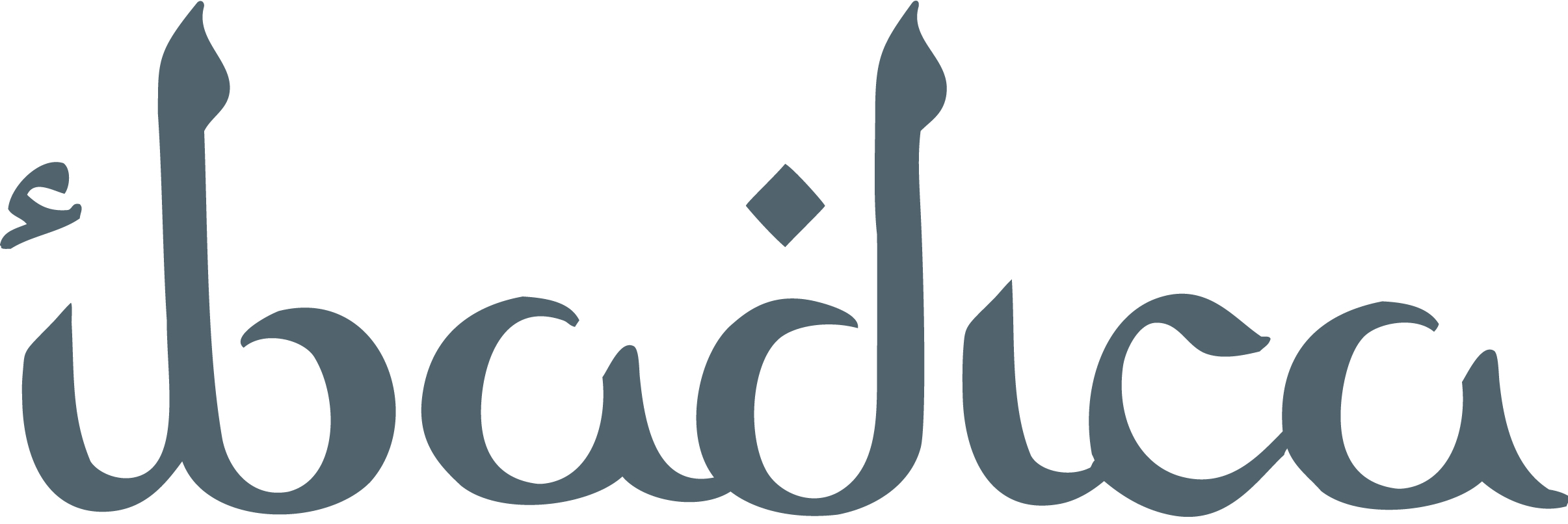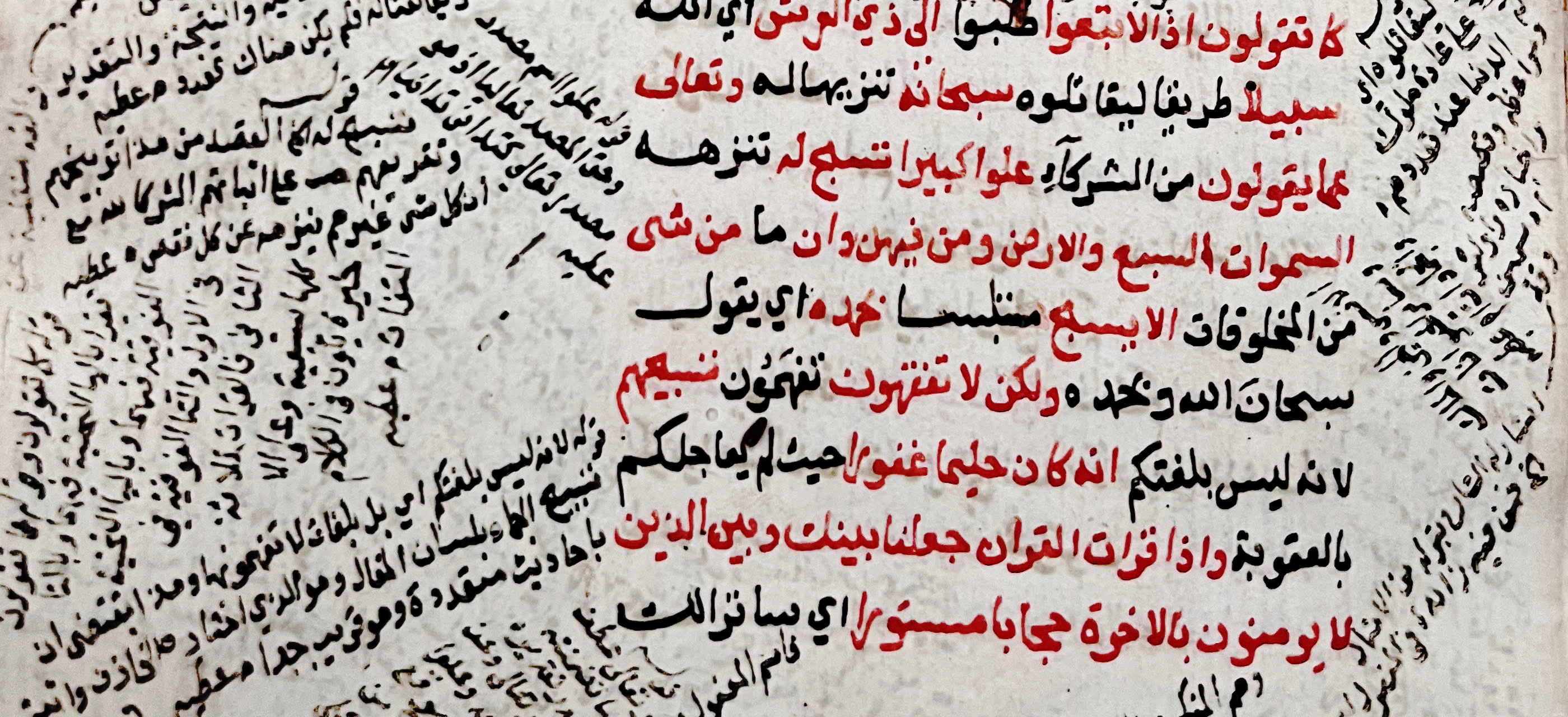Max Weber, Islam and Modernity
Contenu
- Titre
- Max Weber, Islam and Modernity
- Créateur
- Djedi, Youcef Voir tous les contenus avec cette valeur
- Date
- 2011
- Dans
- Max Weber Studies Voir tous les contenus avec cette valeur
- Résumé
- Once in 1997, in a lecture on 'L'avenir des religions en dialogue', at the Church of St Paul in Strasbourg, Paul Ricœur argued that Islam could not really take part in debates on modernity. Maybe he simply meant that Islam as a whole had not yet been worked upon by modernity, that it did not 'think' itself in modernity yet. This statement, which is certainly not to be understood as an exclusion of Islam, is indeed interesting from a philosopher of modernity who saw in the Weberian approach of history an 'anti-Hegelian solution'. This recalls how the great German philosopher handled Islam, which he undoubtedly admired, but which he also relegated to Oriental quietism. For Hegel, Islam vacated active history along with its 'progress' towards the fulfilment of the Idea of Liberty. In other words, modernity would henceforth proceed without Islam. Indeed, Max Weber did not really think about the situation of Islam in modernity, nor as an actor in modernity. At that time, much of the Muslim world was under European domination, and the army of the Ottoman empire itself was under the control of German experts. The Muslim Caliphate had moreover no other importance other than that with regard to Germany's Mitteleuropa policy. The other European powers that were to dismember the Ottoman empire were already 'Islamic powers', as can be read in Becker on the French colonial empire. Weber certainly witnessed the storm in the teacup echoed by his fellow countryman Becker and the Dutchman Snouck Hurgronje about the Ottoman Shayẖ al-islām's call to holy war. But he did not envisage the disappearance of the Caesaropapism and its consequences for Islam as a whole and, especially, for the Islamic Church, which was his focus of interest. What interests us here is that Weber, who underlined the linkage between the configuration of modern capitalism and Christian movements stemming from the Reformation, sometimes presents Islam as the antithesis of this modernity. Yet we speak at the moment of a kind of Islamic 'protestantisation', to mark the adaptation of the Islamic ethic to the spirit of modern globalized capitalism. But what is perhaps much more interesting is that Weber had already anticipated what we can call the 'Protestant' content of Islam. This of course predated Protestantism and is not central to today's considerations.
- Langue
- eng
- volume
- 11
- numéro
- 1
- pages
- 35-67
- issn
- 1470-8078
Djedi, Youcef, “Max Weber, Islam and Modernity”, 2011, bibliographie, consulté le 5 février 2025, https://ibadica.org/s/bibliographie/item/8155
Position : 860 (38 vues)

